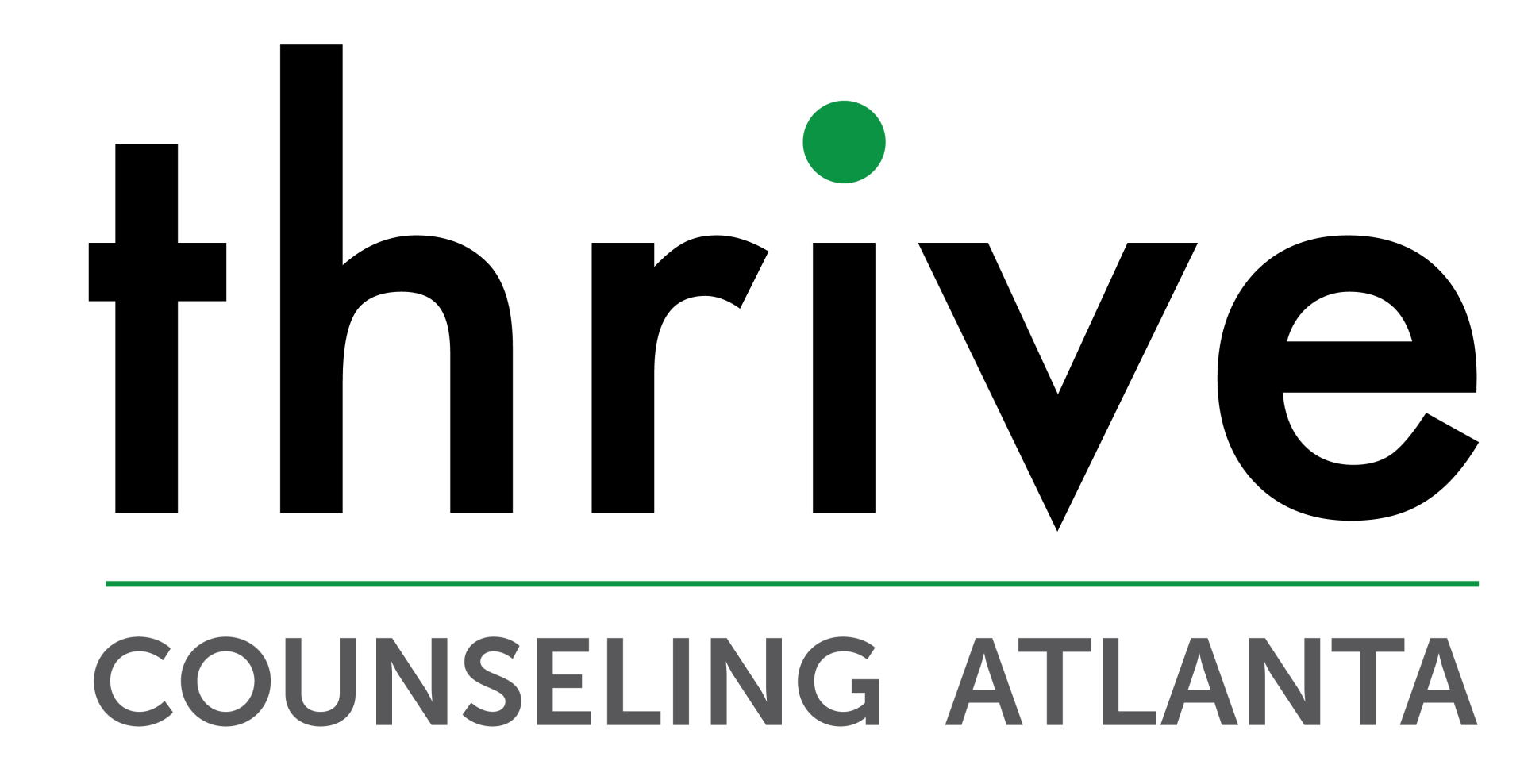Are You Facing Some Big Fears Regarding Sexual Identity?

With Halloween just around the corner, it seems fitting to talk about fear, right? However, we'll skip the discussion about the best haunted house around. Instead, let's talk about common fears regarding sexuality and sexual identity.
For some, this is not something that creates emotional turmoil. After all, in the year 2021, it seems that sexual identity is becoming more diverse. As a result, many more people are finding love and acceptance than, say, ten years ago. However, that is not the case for everyone. Sexual identity can be a taboo topic with much at stake. Unfortunately, many fear violence or abandonment if their sexual identity doesn't align with family, societal, or religious expectations. With so much on the line, it's no wonder why intense fear keeps people living in silence.
Let's talk about sexual identity and the raw reality so many face on their journey of figuring out this component of who they are.

Fears That Surround Sexual Identity
Sexuality encompasses your capacity for sexual feelings. Often it refers to your sexual orientation or preference. For example, it refers to feelings, thoughts, and behaviors that are sexual in nature. Part of sexuality is your sexual identity which has an important role in your overall sense of self. Likewise, it includes how you view yourself in relation to who you are romantically or sexually attracted to.
It can be hard to figure out your sexual identity. Access to social media platforms can complicate the process. Due to algorithms, you'll see popular topics that relate to what you search for, comment on, or like. As a result, impressionable minds may use social media to define their sexuality rather than relying on their own experiences or lack thereof. On the contrary, some may find refuge and safety with their feelings by joining a specific group.
Another fear is trying to figure out what your sexual identity really is. For example, you may lean toward one orientation, but over time, thoughts shift another way. As a result, you may fear that you'll never feel solid in your identity. However, defining your sexuality one way now doesn't mean you can't change your mind later. Likewise, this doesn't mean you're 'confused' or 'choosing it,' as some might say. Instead, it means you're still learning about who you are and what attractions and relationships feel right to you. This is common for a variety of reasons. For some, the fear of rejection or threat of violence causes them to withhold their innermost feelings. Later, they may feel safe enough to reveal their thoughts and outwardly express themselves.
If your sexual identity changes at some point, instead of fearing that you got it wrong, remind yourself and others that it can take time to figure it out.

Working Through Your Fears Regarding Sexual Identity
Fears surrounding the discovery and disclosure of your sexual identity are real. Likewise, this can be a difficult process, especially if you know you'll face backlash. However, you don't have to do this alone.
At
Thrive Counseling Atlanta, we understand how scary the topic of sexual identity can be. We want to help and support you along your journey. Call us today or visit our website to learn more.




